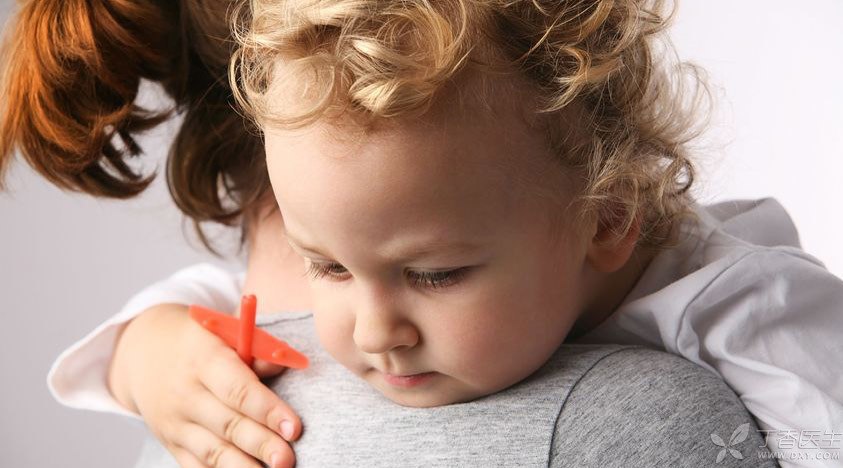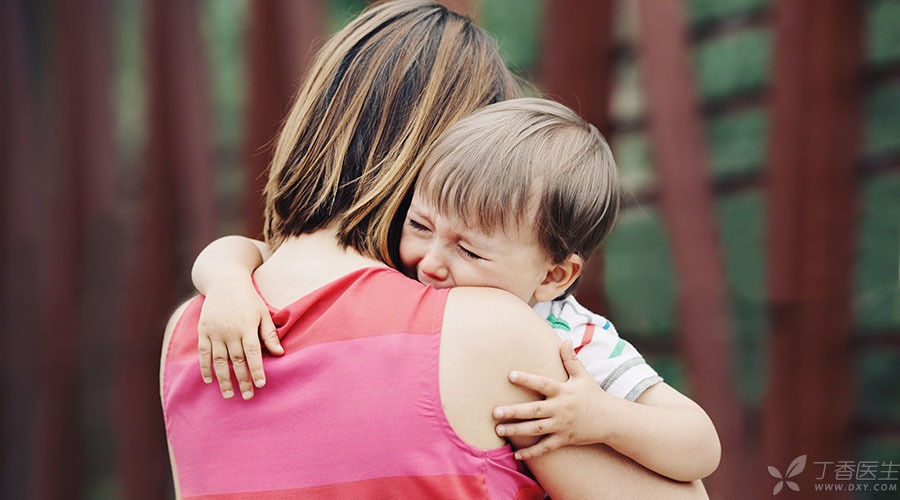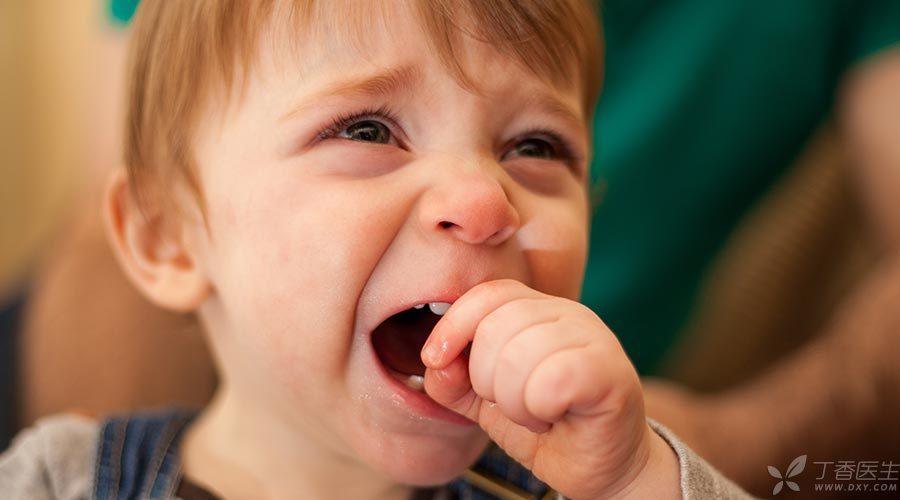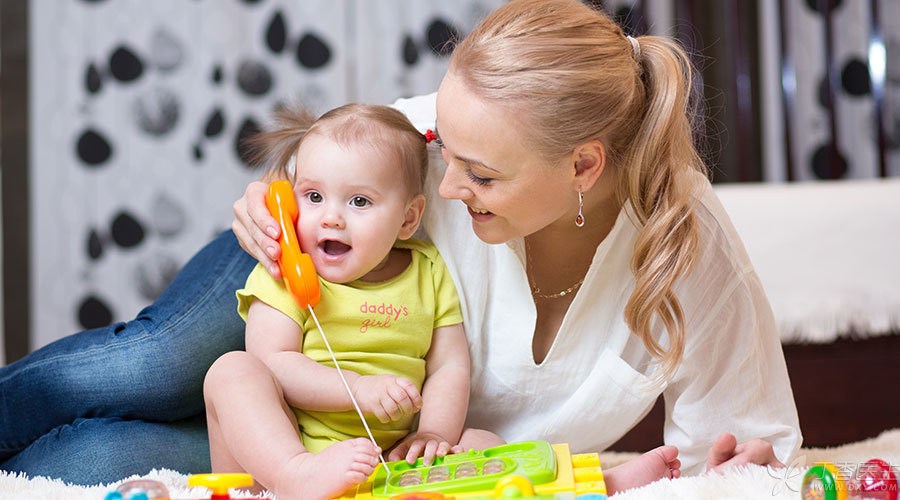
Parents all want their children to be sensible and polite.
Visiting relatives at festivals, If our baby has a sweet mouth, we can’t stop shouting [uncle is good] [grandfather is good] when we see relatives and friends. As parents, we always feel very [long face], but not all babies are cheerful and extroverted. Facing such occasions, they will be at a loss. Even if their parents ask them to say hello, the baby will still close his mouth and refuse to speak.
Many parents wonder, [Why does my baby just refuse to say hello? It’s really rude not to say hello! ]
We invited teacher Chang Run, director of the kindergarten, to tell everyone that children do not like to say hello. The reason behind this is what. Only how can guide children to be better [polite].
Babies don’t like to say hello, don’t do this.
There are not many children who can take the initiative to say hello to each other the first time they meet. However, those children who are shy and unwilling to speak do not mean that they are really impolite.
Parents are sometimes impatient and will say this:
Auntie is mother’s friend, call auntie good, call people.
Grandma specially made a long train to come and see you, but she missed you. Give Grandma a hug and kiss Grandma one.
Everyone doesn’t like children who don’t say hello.
All of the above are actually coercion to children.
Some children will be awed by the pressure of their parents and [become polite], but their subconscious mind will reject [greeting] even more, and even feel that getting along with others is a stressful thing, affecting their social enthusiasm.
If you want your child to establish a confident social life, you must not force your child to say hello. If your child is shy or doesn’t speak out about what, as long as he is not rude (such as spitting, punching and kicking), it is actually acceptable.

Don’t force me, can I encourage the children?
Some coercion takes the form of encouragement, which many parents do not realize. The more encouragement, the more nervous the child will feel your expectation and then become. When he feels that he has not met his mother’s expectation, he will feel that he is not good enough and less confident.
To guide children to change, we must find out why children do not like to say hello.
Children do not like to say hello, perhaps they do not know how to say hello.

Preschool children generally lack language and social experience. Many children actually do not know when others greet themselves, they should say what is good. It is normal for them not to have much say in such things as [where they are going] and [who they see but who they don’t see]. They are not confident.
Parents can do this:
1. Demonstrate how to respond to greetings from others
[Good morning] [hello] [Long time no see] When you want your child to answer, you can answer. Children will learn from it even if they don’t imitate it from the beginning. This kind of education is the least stressful.
2. Remind the child in advance to let the child know that what may occur next.
[This afternoon, Dad’s friend Uncle Liu will come home. You haven’t seen him, but he is a very good friend of Dad and Mom, just like you and your good friend xx. Uncle will say hello to you, you don’t have to be nervous, just answer “Uncle is good” ~]
Most of the time, children don’t say hello, but they can’t remember who this person is at all. Parents can help their children recall their previous experiences with others and give them a psychological warm-up.
3. Use more social terms and demonstrate social skills in your life.
When the child is especially interested in the new character Mouse in the picture book, don’t ask the child [Mouse loves what] and teach him to say [Mouse hello! Goodbye, Mouse, I’ll see you tomorrow! When talking to a child, it is also important to look into the child’s eyes.
The baby does not like to greet and may feel offended.

Not long ago, someone visited the kindergarten and saw a 3-year-old girl smiling at him. She sat next to the girl: “hello, your name is what? You are so cute.] Then he took the little girl’s hand.
The child was very uncomfortable. I have to say [sorry, you can’t touch your limbs without your child’s permission].
Is this kind of situation very common in life?
Many adults are [too enthusiastic], touching their faces, hugging and even giving them a close kiss. Although there is no malice, these [disrespect] are often imposed on children unconsciously, which will make children instinctively feel [dislike], and over time, they will form [avoid seeing strangers].
Parents can do this:
1. Respect your child’s feelings and intuition
If the child obviously does not like to be too close to others, help the child say no or encourage the child to say no.
Step 2: Give your child a choice
Polite behavior does not necessarily require greeting, but can be replaced by [smile, wave, high five].
3. Tolerance is not successful.
When the child’s performance did not meet the expectation, it can be said [I saw that when Uncle Liu came today, you tried very hard to greet him. You came to the front and smiled at him. It was really nice! Mom believes that you will do better and better.] This will definitely relieve the pressure on children and make them more willing to try to greet others.
4. Praise what you want to see.
When children say hello to others spontaneously or hand over toys to show their kindness, they should give timely affirmation. It is also important for children to see the influence of their actions on others and feel the power of their language.
The child suddenly does not like to greet, may be deliberately against you [against]

My children are not afraid of giving birth even if they can say hello. During this period of time, they just don’t say hello. They also find various reasons (for example, I can’t talk with food in my mouth, and I don’t want to talk to others in a bad mood). What’s the matter?
This kind of situation belongs to [the struggle for power].
Parents who have this kind of situation can think about whether they usually control their children too much. Too little choice and autonomy for children?
When the child is older, he will have a rebellious attitude, not that he does not like to say hello, but [what do you want me to do, I will not.]
Parents can do this:
1. Give your child more choices in daily life, and don’t let you decide everything for your child.
2. When the baby performs well, give her unexpected affirmation and positive attention.
Saying hello is a very challenging thing for preschool children all over the world.
How to find a balance between taking care of one’s own feelings and taking care of others’ feelings is one thing that children need to experience slowly. Parents can give some friendly suggestions and support at ordinary times or before parties.
But the final decision is best left to the children.
When a child feels truly respected and safe, he will begin to respect others.
